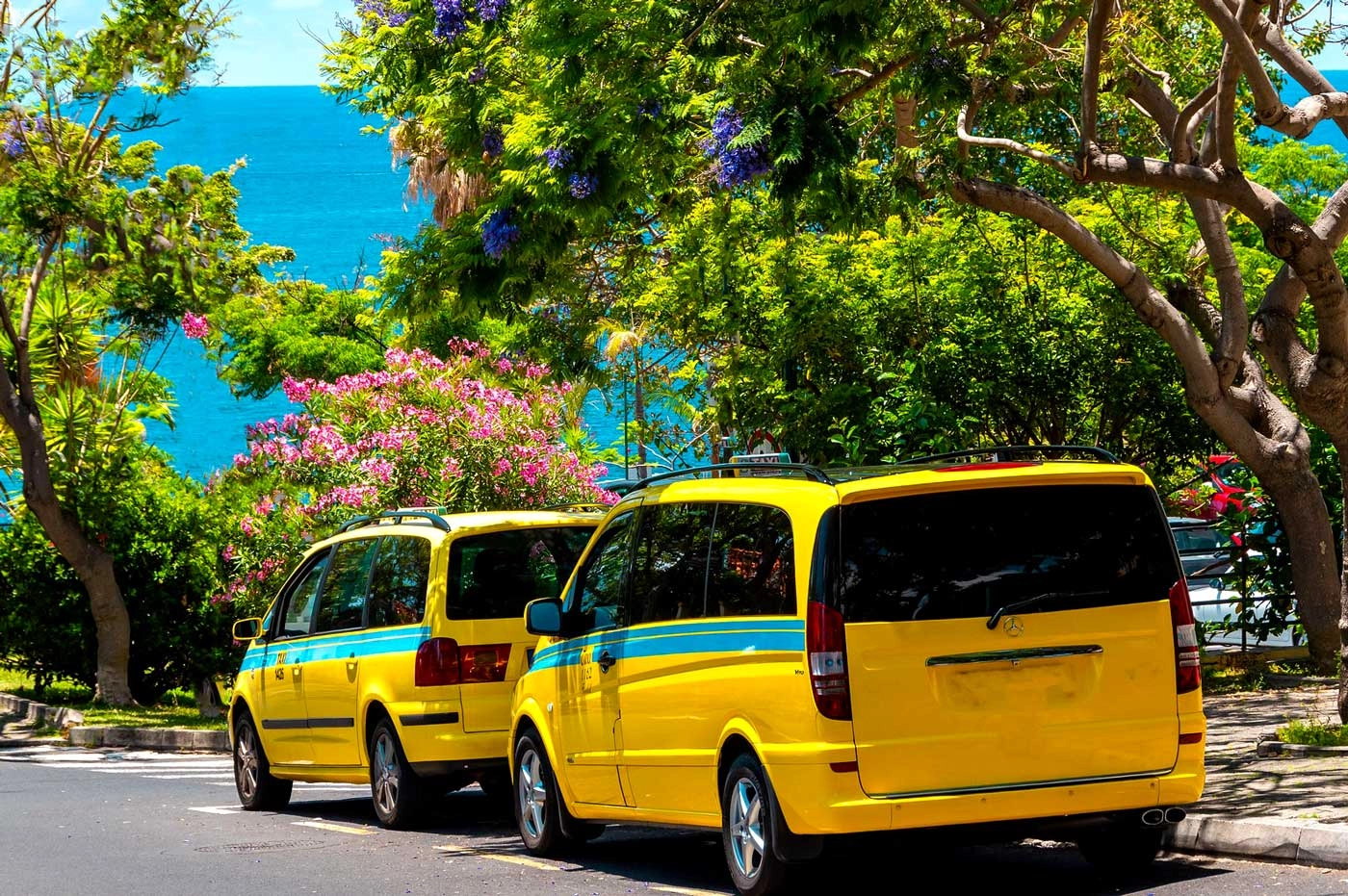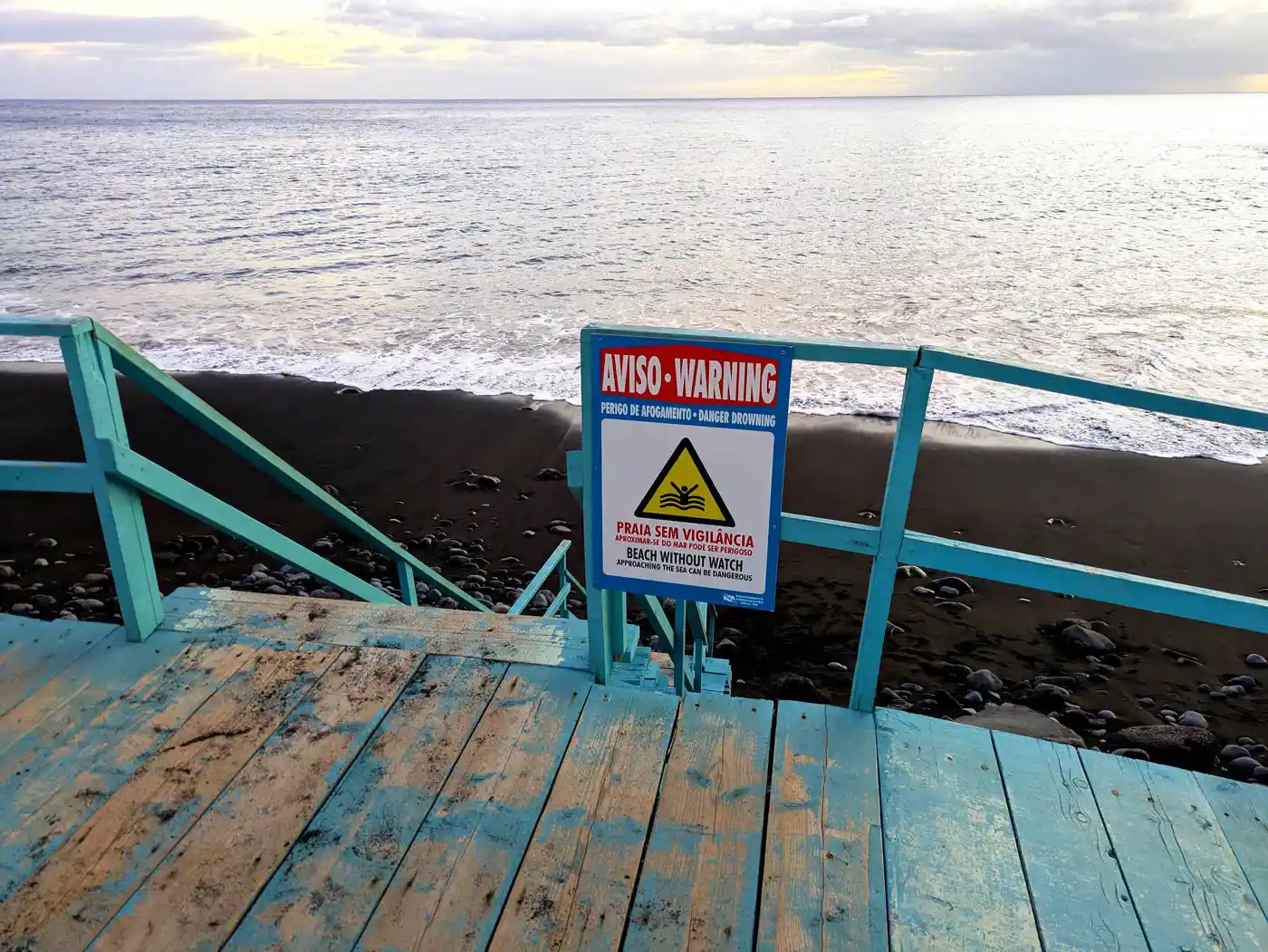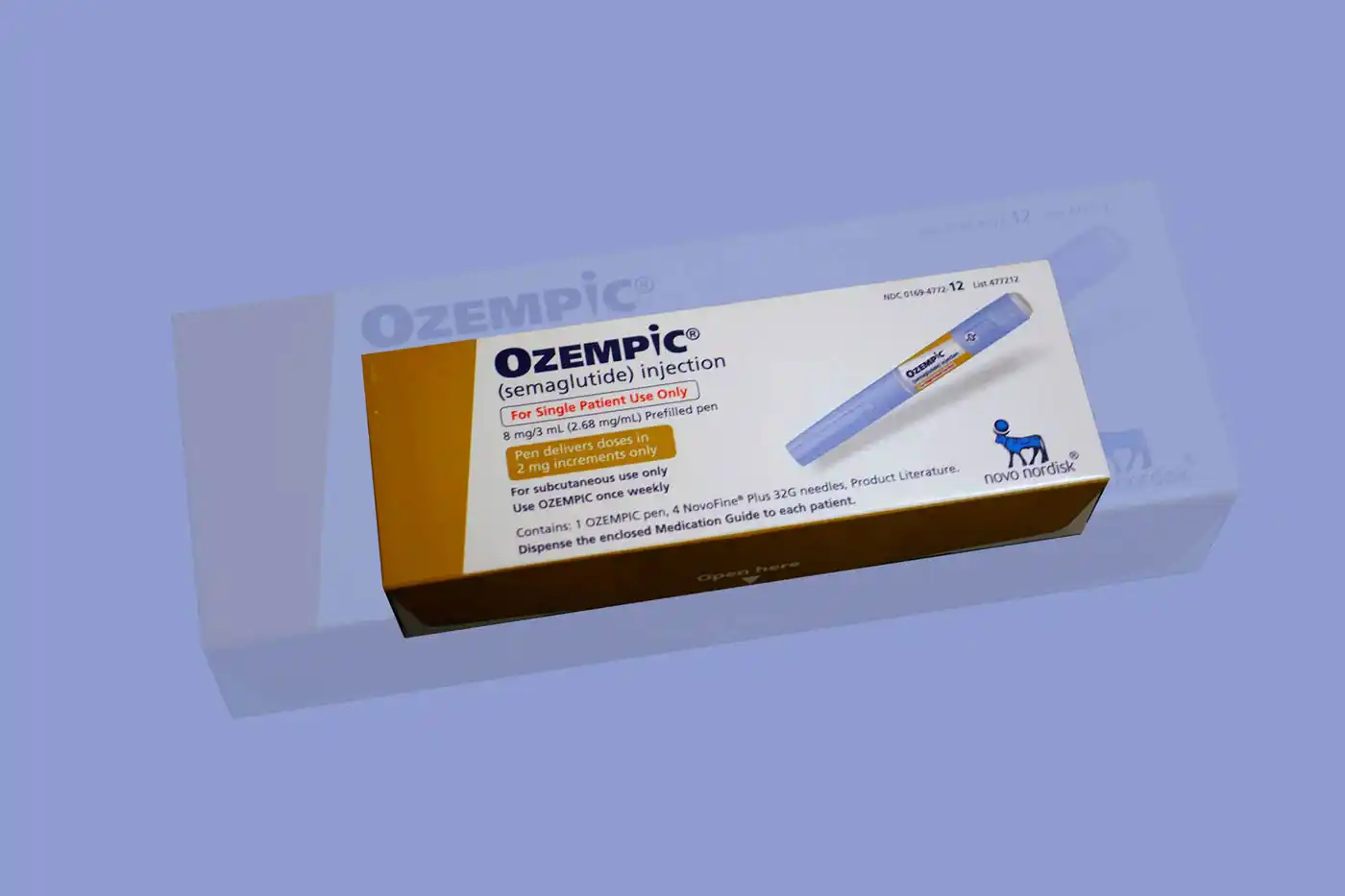Madeira Government Proposes Limits on TVDE Licenses to Protect Safety and Stability
The Madeira Regional Government announced plans to amend Law No. 45/2018, which regulates individual passenger transport with unmarked vehicles (TVDE). The aim of the amendment, according to the regional government of Madeira, is to balance economic freedom with public responsibility, ensuring safer and more sustainable services in the region.
Sharp Increase in TVDE Operators Raises Concerns About Market Pressure
Recent years have seen significant growth in TVDE vehicles and operators in Madeira. Government officials warn that in a small market, too many operators can make it hard for drivers to earn a living, increase turnover, and require longer working hours, affecting road safety. TVDE associations see this completely differently and fight for their right to be treated according to national law.
The proposed amendment to the national law will allow the Autonomous Regions of Madeira and the Azores, exceptionally and based on technical and quantitative criteria, to restrict or condition access to the TVDE market through the granting of licenses with public service obligations, technical conditions, circulation restrictions, and the establishment of a maximum number of TVDE vehicles, both overall and per operator
Proposed Changes Include Licenses with Service Rules and Vehicle Limits
The amendment would allow Madeira and the Azores to limit TVDE market access based on technical and quantitative criteria. Licenses could include public service obligations, technical standards, circulation restrictions, and caps on the total number of vehicles and per operator.
TVDE Law: A National, Not Regional, Responsibility
TVDE drivers in Madeira face legal uncertainty and operational challenges, including regulatory restrictions and conflicts with traditional taxis. Despite local pressures, the regulation of TVDE is a national matter in Portugal, meaning regional authorities cannot unilaterally decide; any changes must align with Portuguese national law and policy.
Source: JM-Madeira






Comments